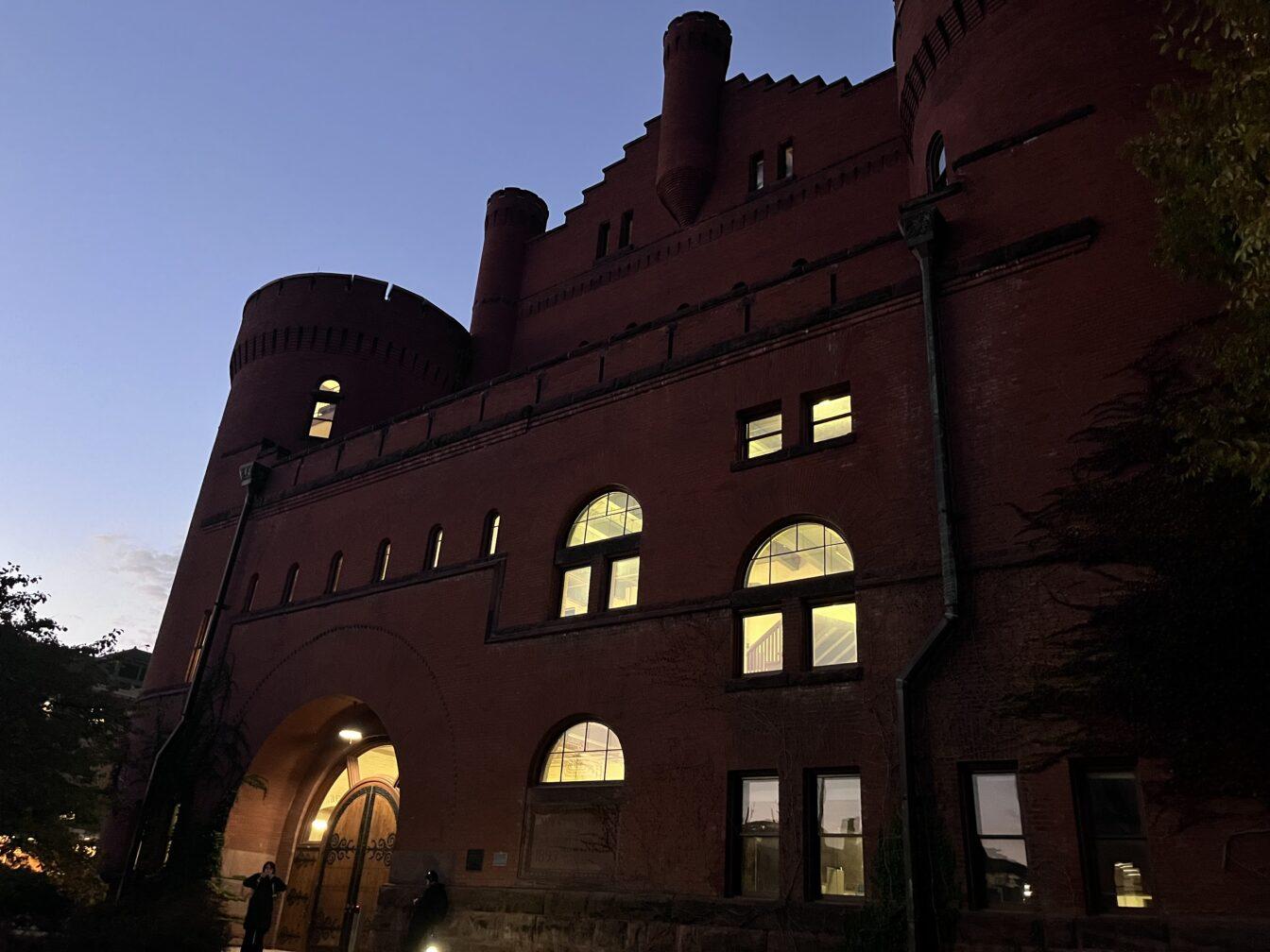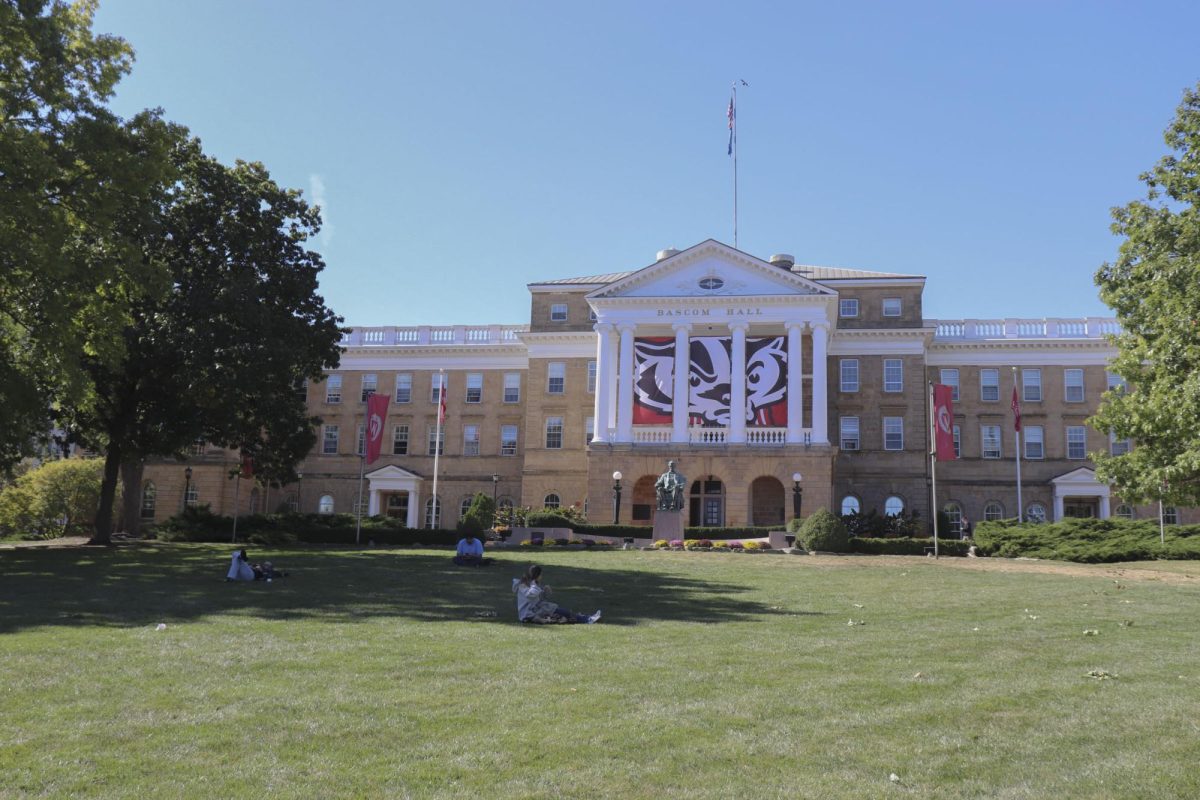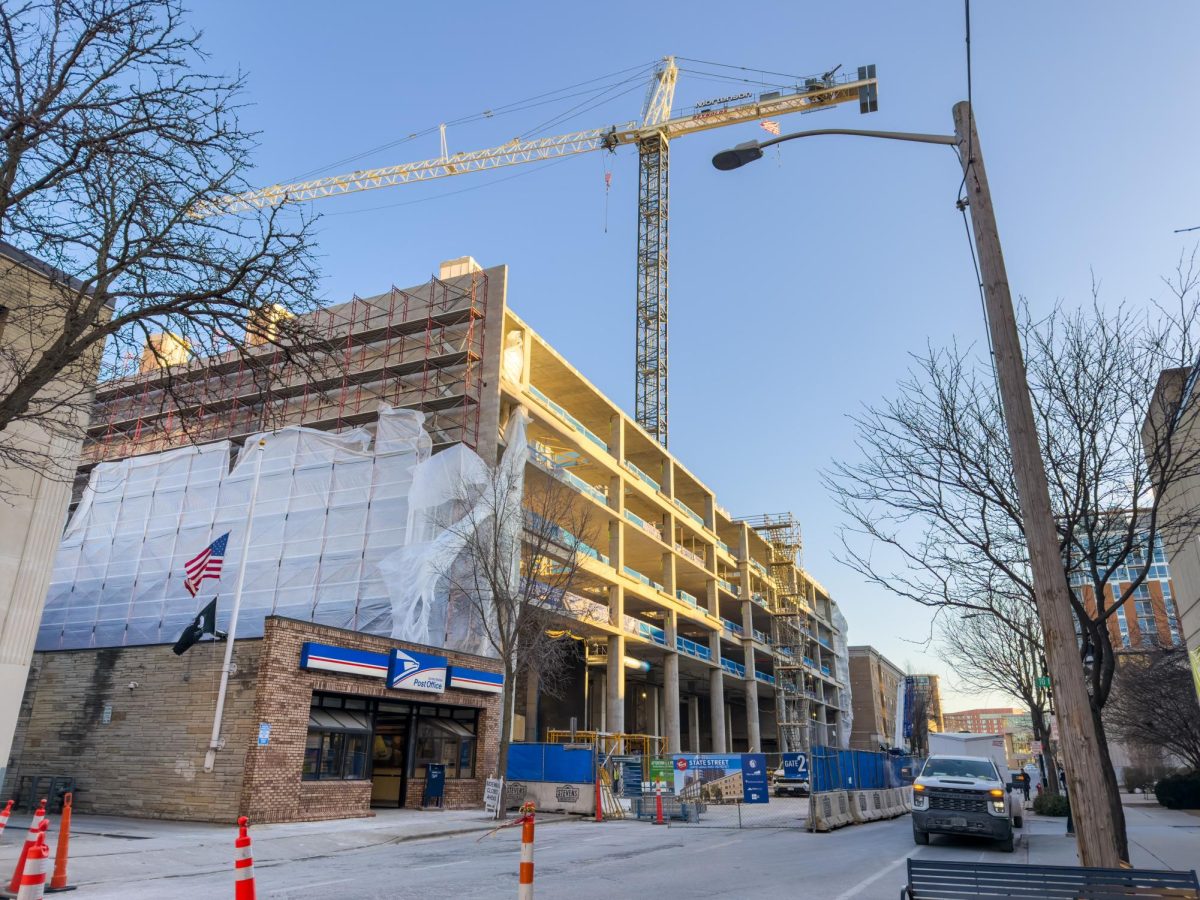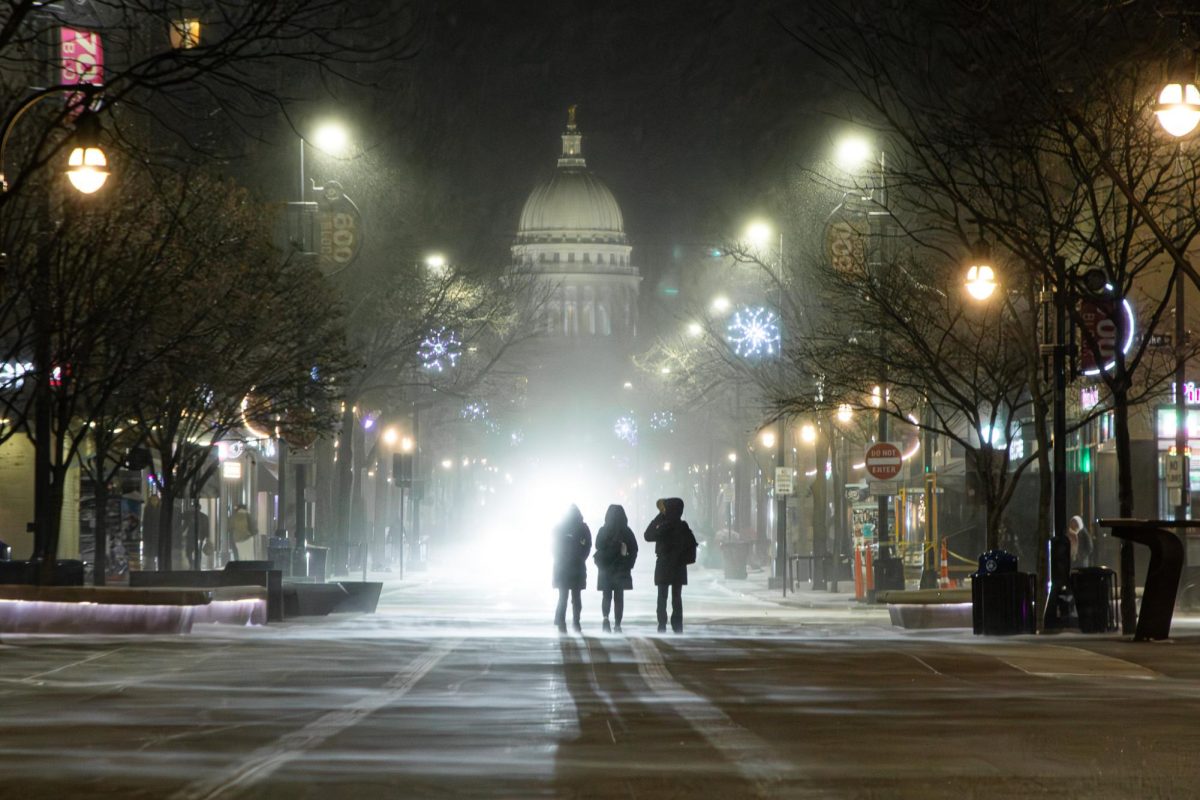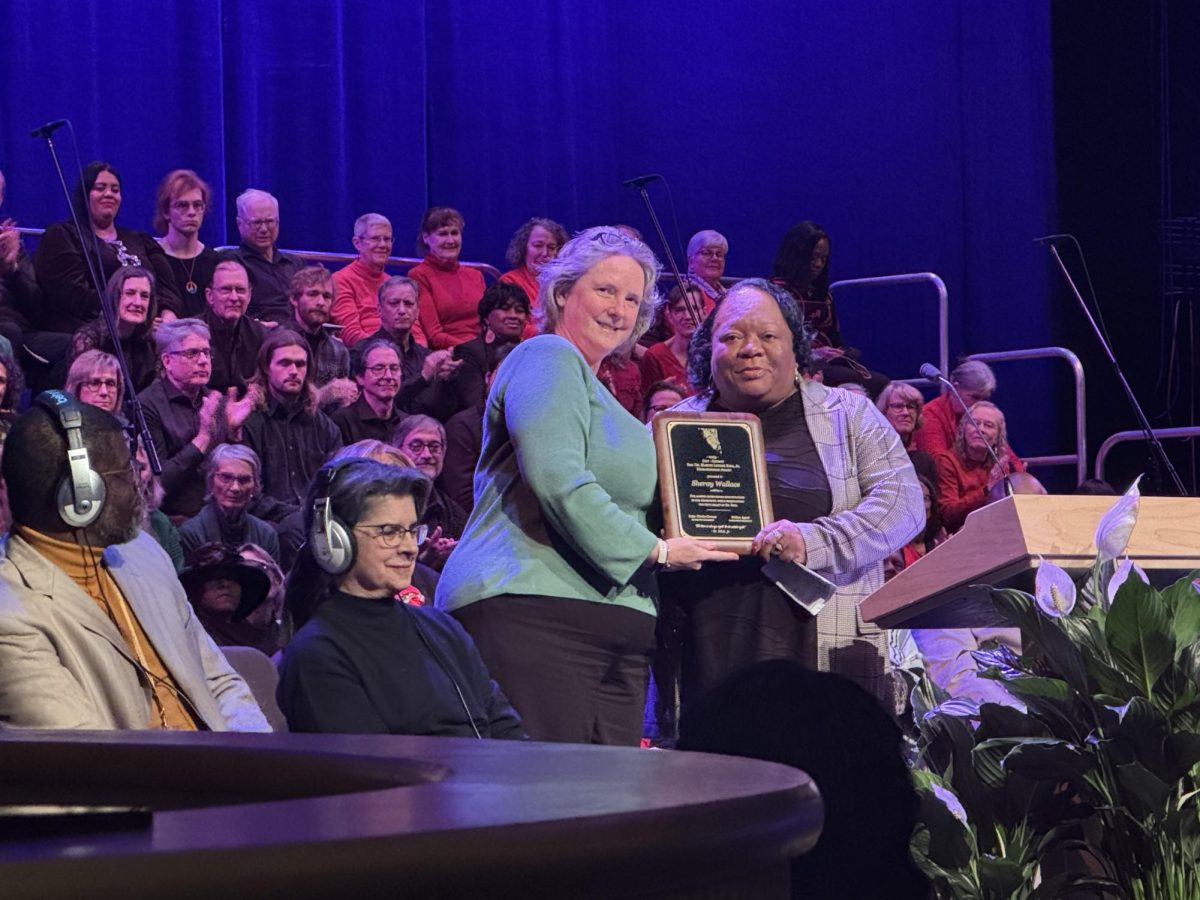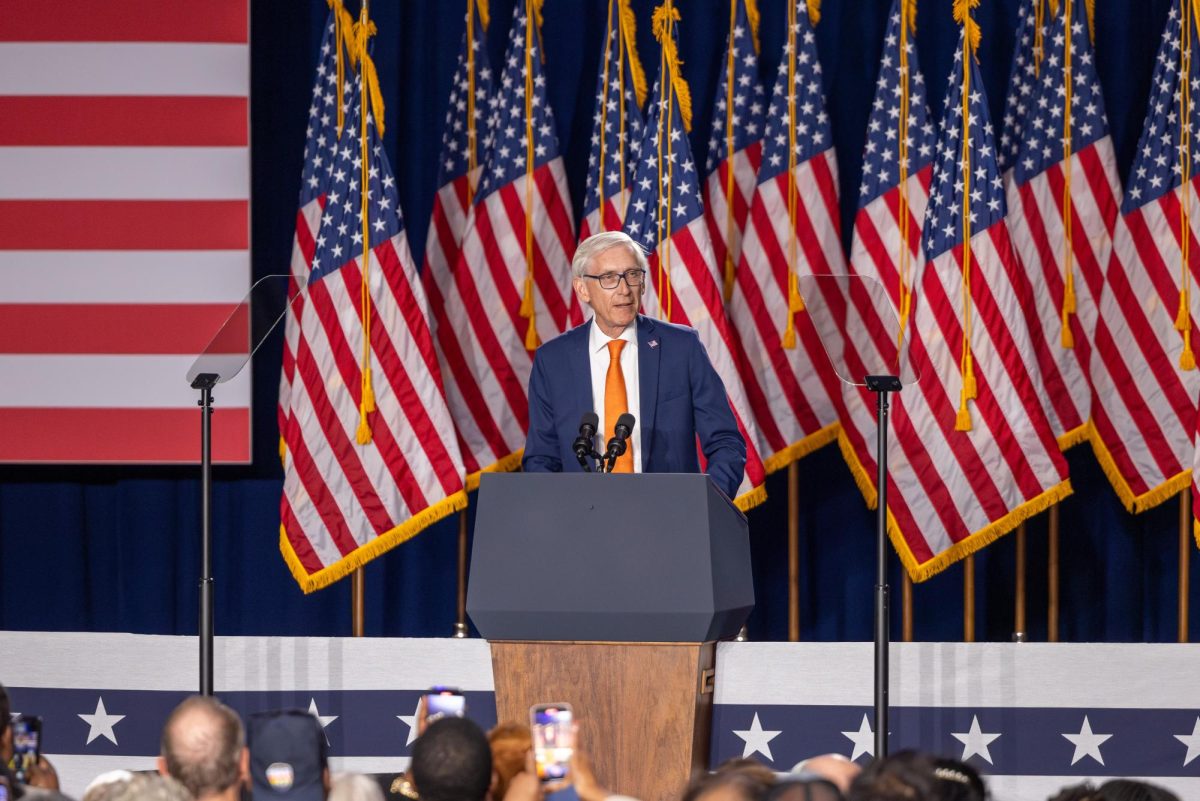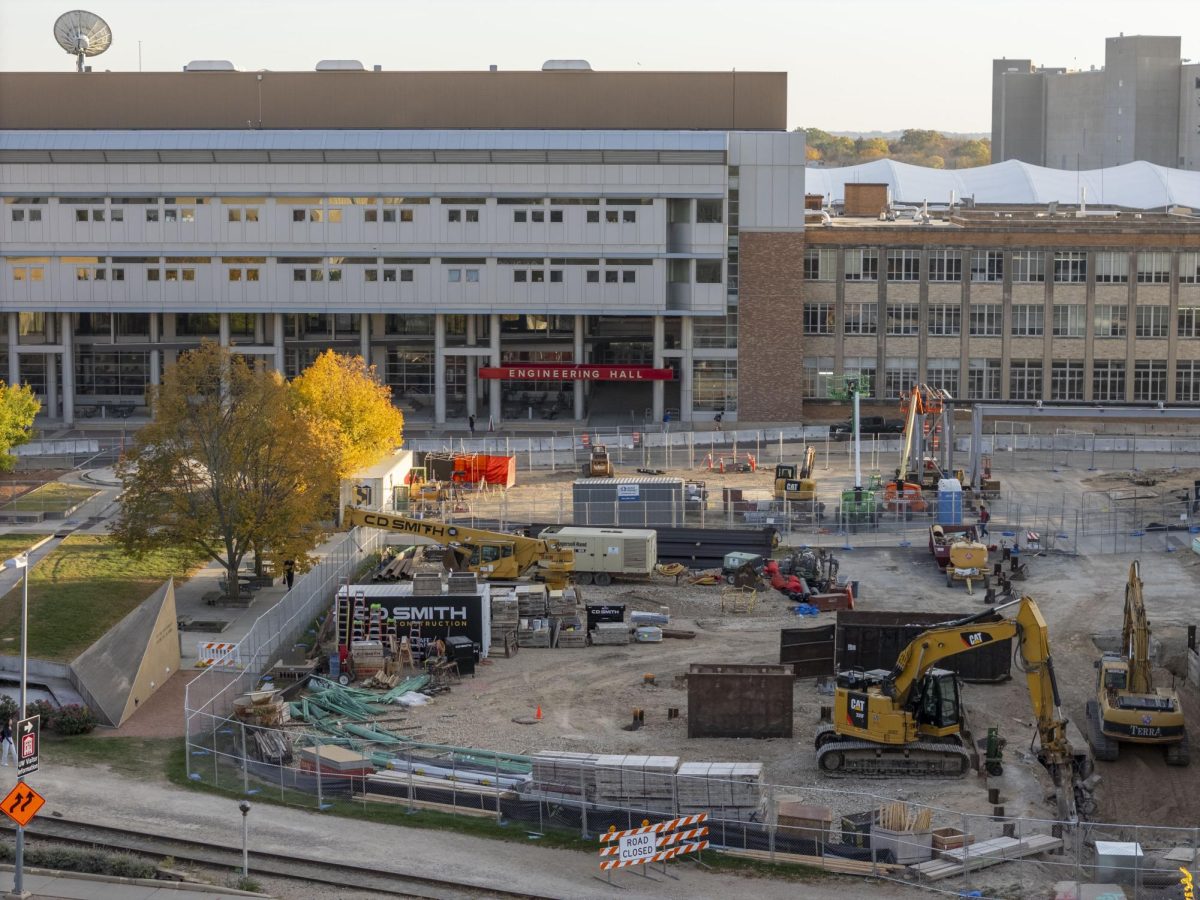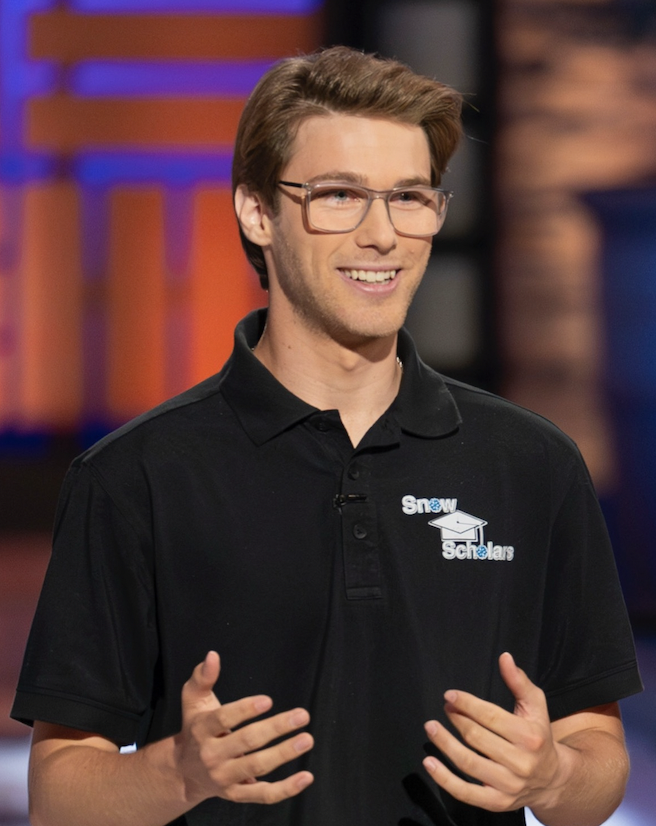The Social Sustainability Coalition and Wunk Sheek held a panel discussion Monday night in the Multicultural Student Center to discuss Indigenous land acknowledgments and how the University of Wisconsin handles them.
The panel consisted of the Wunk Sheek President Kira Adkins, Wunk Sheek Environmental Chair Melina Dennis and Wunk Sheek members UW freshman Sophia Grigsby and UW senior Eli Fox Baker.
The discussion began with a land acknowledgement and prayer in the Bkejwanong Anishinaabemowin language from Wunk Sheek Member Engagement Chair Nimkii Curley.
Panelists discussed the purpose of land acknowledgements, their effectiveness, how the language affects their meaning and what they would like to see from acknowledgments in the future.
Land acknowledgements are statements meant to acknowledge the traditional Indigenous inhabitants of the land, according to the UW Tribal Relations website. They are a simple way to show respect and move away from erasing Indigenous history and practices.
Members of the panel added that land acknowledgements should explain not just the history of the land, but the history of the colonization that has occurred there. They should be used at any event or gathering, not just those with Indigenous people present.
During the discussion, panelists urged UW to adjust its land acknowledgment practices by making the acknowledgment less performative, following up with action, changing the language away from past tense and collaborating with people who involved in the acknowledgment to make it more personal.
Panelists also said non-Indigenous people do not have to wait for Indigenous people to direct them into action. They encouraged people to challenge passivity, even while others are passively doing things like reading pre-made land acknowledgements, panelists said.
“I think you shouldn’t have to wait for Indigenous people to tell you … in the age that we’re in with all this access to knowledge, I think that ignorance is a choice,” Grigsby said.
One audience member asked what UW can do to offer reparations for Indigenous students. Several panelists suggested free or reduced tuition for Indigenous students, while others highly called for inclusive education that teaches a comprehensive history of the United States.
To close the meeting, an audience member asked how Indigenous perspectives can be included more in environmental education. Adkins, who is also an environmental science student, said there is a lack of validity attributed to Indigenous perspectives in environmental science, often calling their perspectives “folklore” and “myths.”
“When I actually entered [environmental studies], it was a lot of white people, again, sitting around talking about Indigenous perspectives,” Adkins said.
The panel encouraged audience members to advocate for Indigenous people in all areas of education at UW, especially when Indigenous people are not present to do so.


